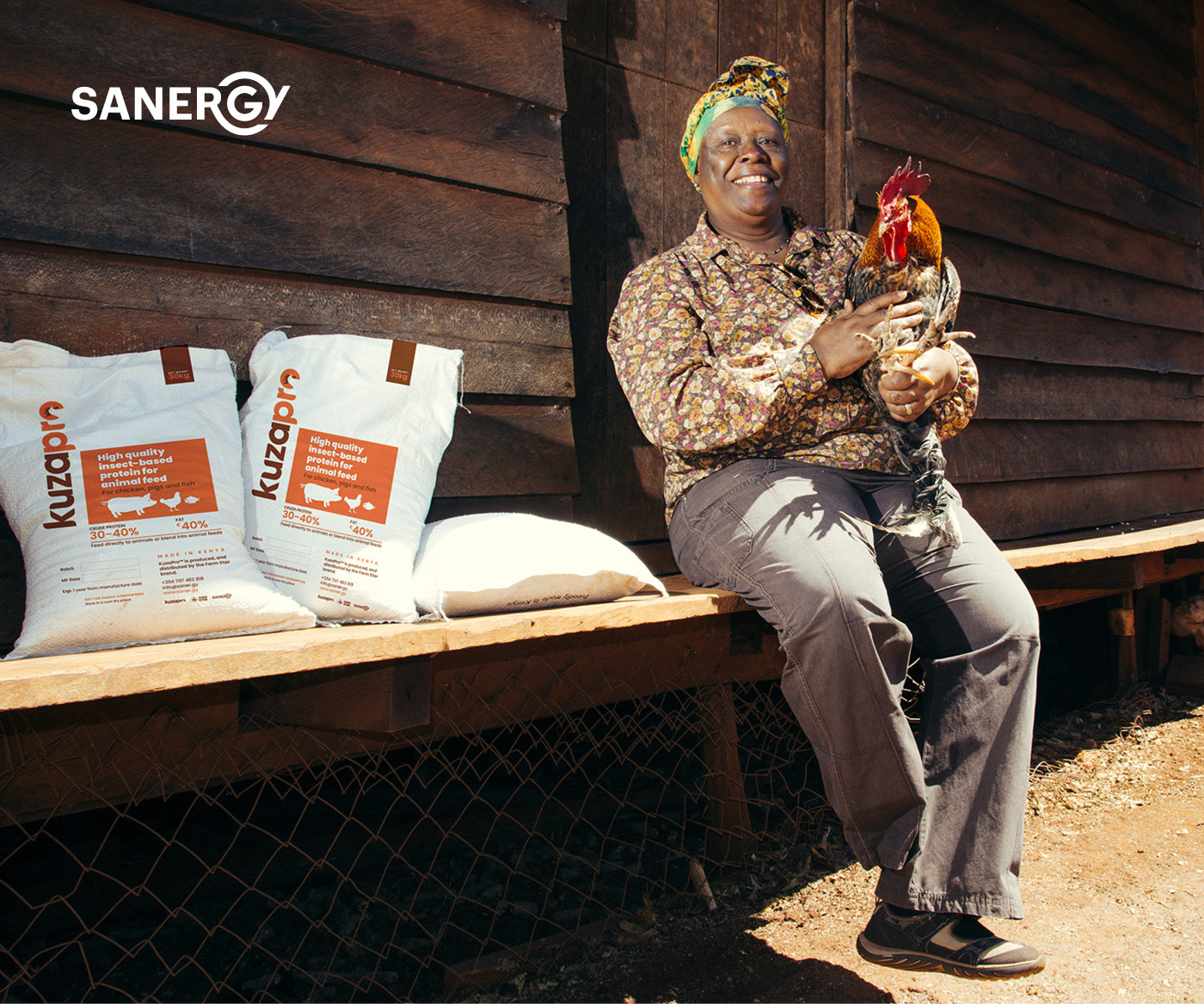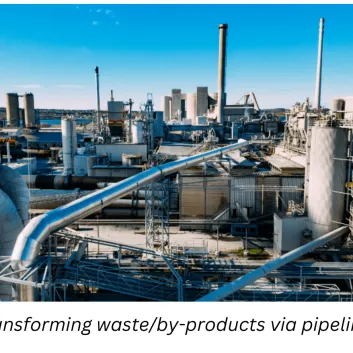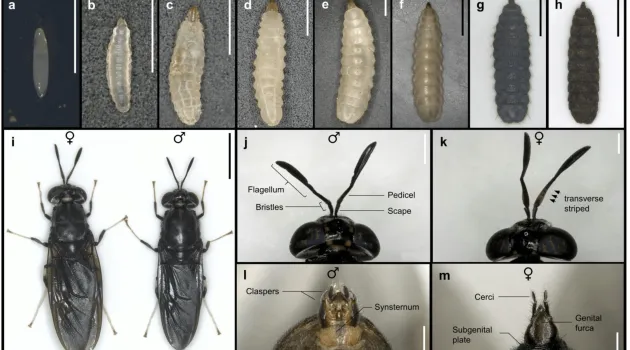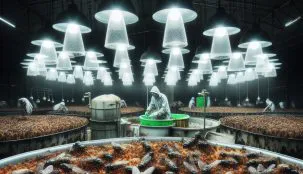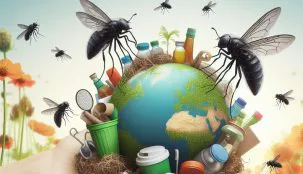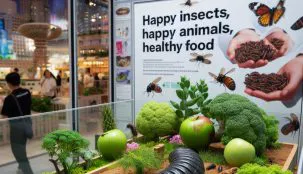Integrating Animal Welfare into the Growing Insect Farming Industry

Introduction
In the burgeoning world of insect farming, where profitability often takes centre stage, there is a growing realization that the issue of animal welfare should not be relegated to the sidelines. As the industry expands, it becomes imperative to address animal welfare concerns to ensure its sustainable growth. Unlike traditional livestock farming, the insect industry is more susceptible to external influences, making it essential to proactively manage animal welfare. This article explores the importance of animal welfare in insect farming and the need to incorporate measurable practices for a more sustainable and responsible future.

The Foundation of Animal Welfare
Animal welfare encompasses physiological well-being, behavioural expression, and environmental conditions. These aspects are inherent focal points for farmers, whether consciously acknowledged or not. The relationship between good animal welfare and enhanced performance, profitability, and lower environmental impact is well-established. Successful farmers have always prioritized the well-being of their animals, recognizing it as the cornerstone of their profession.
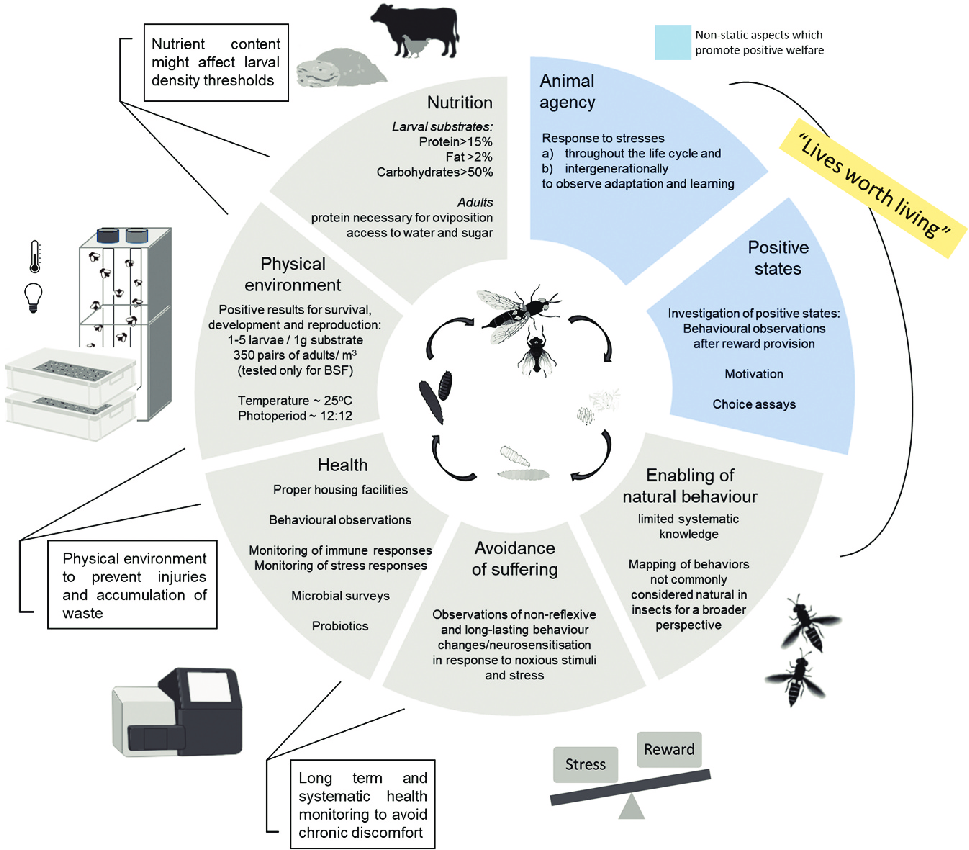
Challenges and Opportunities
However, discussions around animal welfare often delve into subjective territories based on supposition and emotions, echoing the challenges faced by the traditional livestock industry. Non-Governmental Organizations (NGOs) and societal critiques frequently make claims not rooted in factual evidence. To prevent the insect farming industry from falling into the same trap, a different approach is necessary – one that leverages technology, objective data, and scientific methodologies to quantify and validate animal welfare practices.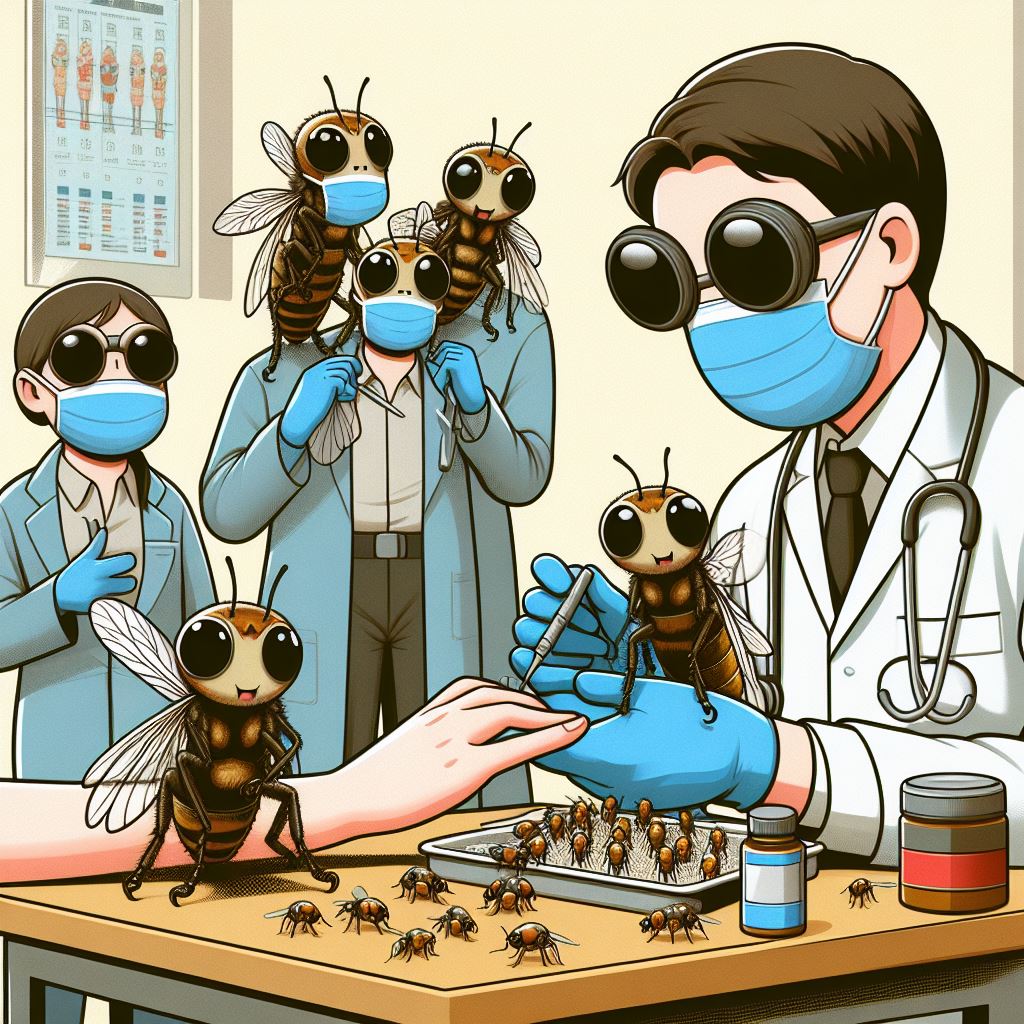
Objectifying Animal Welfare
In the insect farming industry, there is an opportunity to avoid the pitfalls of subjective debates by adopting a more objective stance. The proposal is to combine current scientific understanding with established protocols like Bramell’s five freedoms and incorporate parameters tailored to the genetic needs of specific insects, such as Black Soldier Fly (BSF) larvae. This approach involves building a comprehensive data model that registers daily observations against defined criteria, moving beyond rhetoric and emotions.

Defining Animal Welfare
Science offers a clear definition of animal welfare, focusing on five key freedoms: freedom from hunger or thirst, freedom from discomfort, freedom from pain and disease, freedom to express normal behaviour, and freedom from fear and distress. The challenge is to translate these freedoms into quantifiable, registerable, and scoreable metrics that can be used to improve production processes and foster dialogue with industry stakeholders and society at large.

Measuring and Proving with Data
Current thinking leads us to a two-stage approach.
- Part 1 – the feasibility of measuring and proving animal welfare through data. The latest definitions and the data that can be automated through technology will be presented. By embracing a systematic approach, the insect farming industry can contribute to its own growth and credibility while addressing societal concerns surrounding animal welfare.
- Part 2 – exploring ways to assign a numerical value on BSF welfare and how this can become standard practice. Regards cost implications, it is also important to delve into the implications of a welfare on the cost price of Black Soldier Fly end products. To determine whether it’s feasible to maintain an excellent and consistently proven level of insect welfare while remaining financially attractive.

The logical step from there. To show how this can then modelled into a holistic map against other elements of sustainability, such as environmental impact from LCA models. To ultimately ‘put a number on insect sustainability’.
The insect farming industry stands at a crossroads where it must balance profitability with responsibility. Animal welfare, often overshadowed by financial considerations, is gaining prominence as the industry matures. By adopting a proactive, data-driven approach, insect producers can not only enhance the well-being of their livestock but also contribute to a more sustainable and socially acceptable future.
For more information about:
- Insect Bioconversion of Waste, please contact us at the Insect school. https://www.insectschool.com/
- Turnkey Insect Farms – https://www.insectengineers.com/bsfturnkey/production
- If you would like to book BSF industry keynote speaker Bob Holtermans for your event – https://www.insectengineers.com/about-us/speaker-bobholtermans

